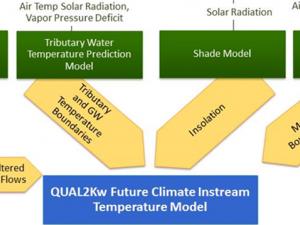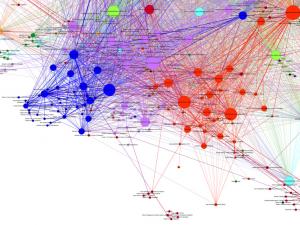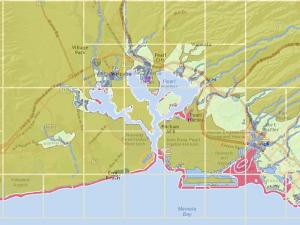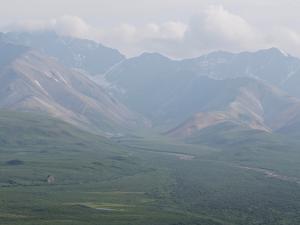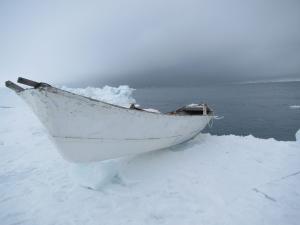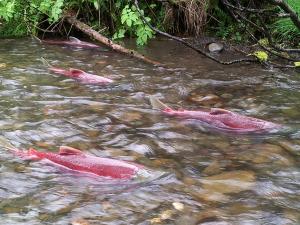Image
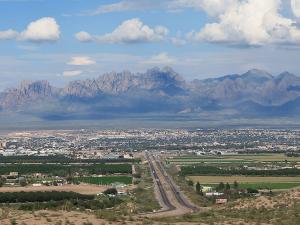
View of Las Cruces, New Mexico, backed by the Organ Mountains National Monument. By Jpawela, own work. CC BY-SA 4.0, https://creativecommons.org/licenses/by-sa/4.0, via Wikimedia Commons
Image
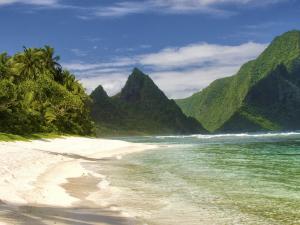
Si'u Point Trail, Ta'u Island, National Park of American Samoa, Department of the Interior, via Flickr. Used via a Creative Commons license, CC BY-SA 2.0, https://creativecommons.org/licenses/by-sa/2.0/
Image
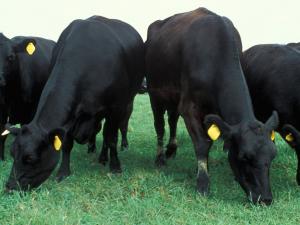
Angus cattle on pasture. USDA photo by Scott Bauer. Public domain

